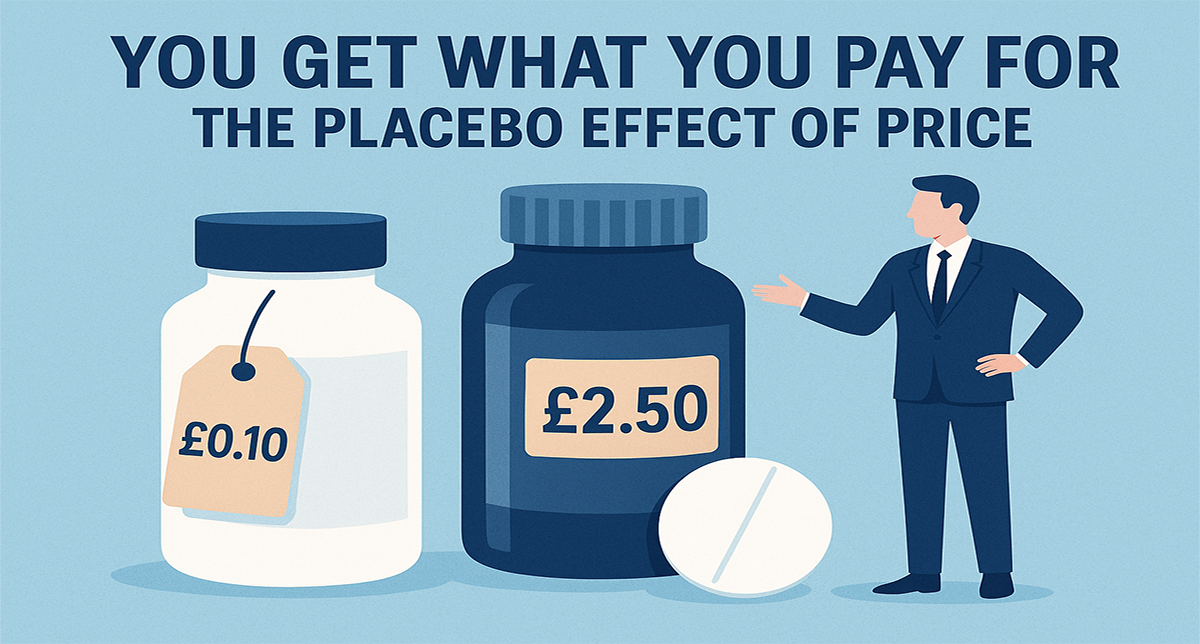What is post-purchase rationalisation?
Post-purchase rationalisation is a cognitive bias whereby someone who purchases a product or service that is particularly expensive or doesn't perform in line with its value, overlooks any faults or defects in order to justify their purchase.
This cognitive bias determines that consumers, despite having made a poor purchase decision, will try downplay the faults of their poorly made purchase and amply the positives, essentially to save face.
For example, if a person chooses option A instead of option B, they are likely to ignore or downplay the faults of option A while amplifying or subscribing new, negative faults to option B.
Given our emotional investment when preparing to buy something (any research done, our pre-existing brand loyalty and any influential advertising seen) many shoppers will refuse to admit, in light of any shortcomings experienced with the product, that their decision was made in poor judgement.
Post-purchase rationalisation in the real world
Have you ever purchased something, only to see it on sale three weeks later? I'm sure the answer is a resounding 'yes'!
The regret is obvious: you should have waited. Instead, your brain will try to rationalise your decision, thereby minimising the guilt and regret you feel for having made such a purchase. You might try telling yourself you needed the item three weeks earlier because of x, y and z, or that it's ok you paid the price you did because last year it was £20 more anyway so you've still made a saving.
We've all fallen victim to post-purchase rationalisation - I'd love to know what yours was...
Why does post-purchase rationalisation happen?
It occurs for a number of reasons:
- Emotional decisions that we rationalise later
- We place a higher value on things we already own
- We don’t like to admit we’re wrong or have made a poor decision
Post-purchase rationalisation in retail
Retailers and brands should embrace this bias, celebrating a shopper’s ‘good’ choice post-purchase.
This could be done by popping a note in their delivery order telling customers how much others also loved the product. My on research identified significant brand growth from simply positively reaffirming to shoppers that they’d made a ‘good choice’.
- Reassure and praise - in-store and online, develop ways of reassuring and congratulating shoppers on the decision they are making
- Remind shoppers of their successes – communicate to shoppers all of the benefits of buying your brand and remind them of why they bought it before
- Minimise risk of purchase – take a look at your brand and category and identify and reduce or remove what would deter shoppers from buying, what could turn into something that leads to buyers remorse?
Shoppers all want to think and believe they’ve made an excellent choice buying your brand. So tell them so. And perhaps even have shoppers question whether buying another brand would be a poorer decision.
One thing is for certain, choice supportive bias is a powerful tool if utilised correctly.






